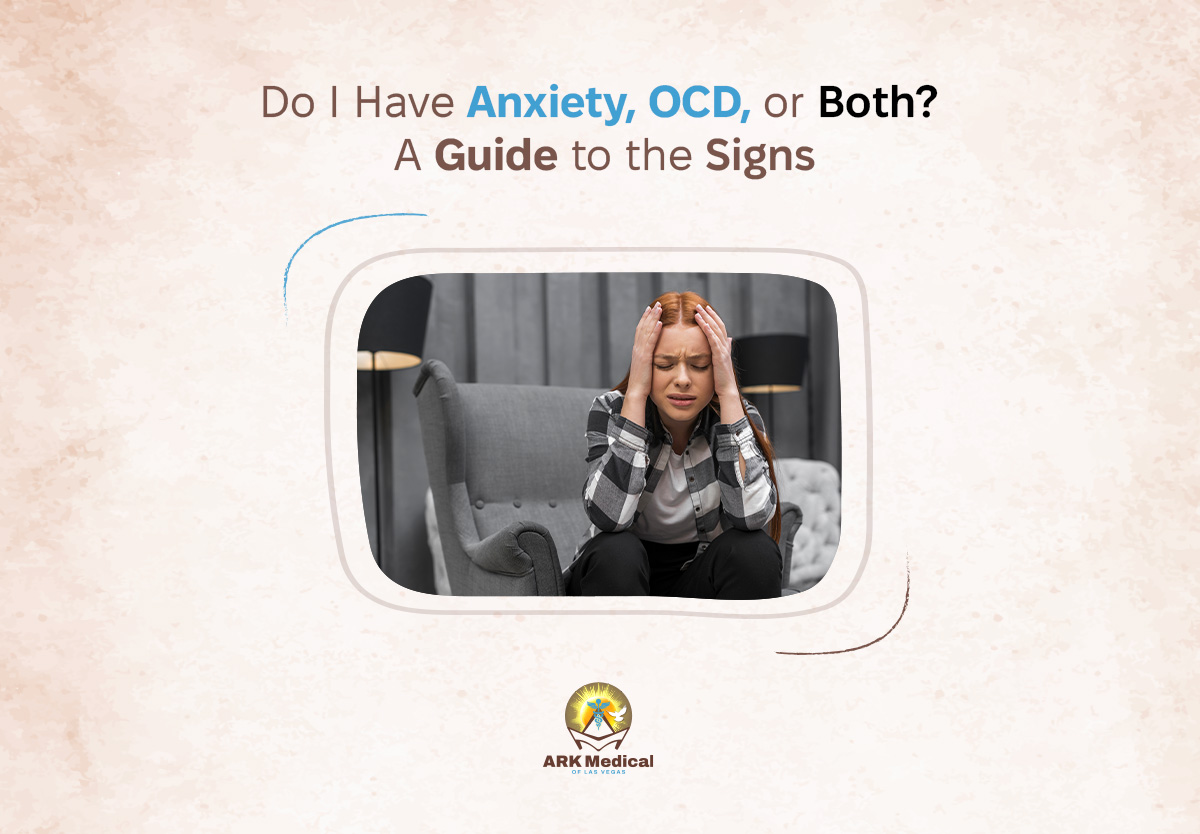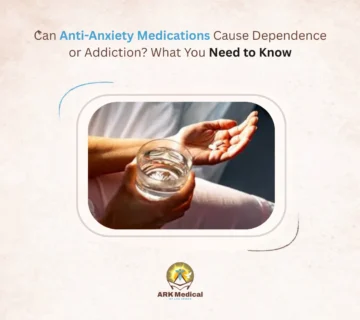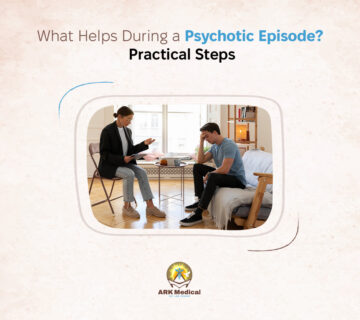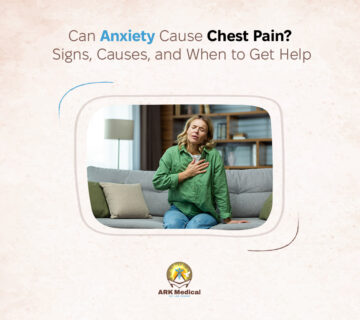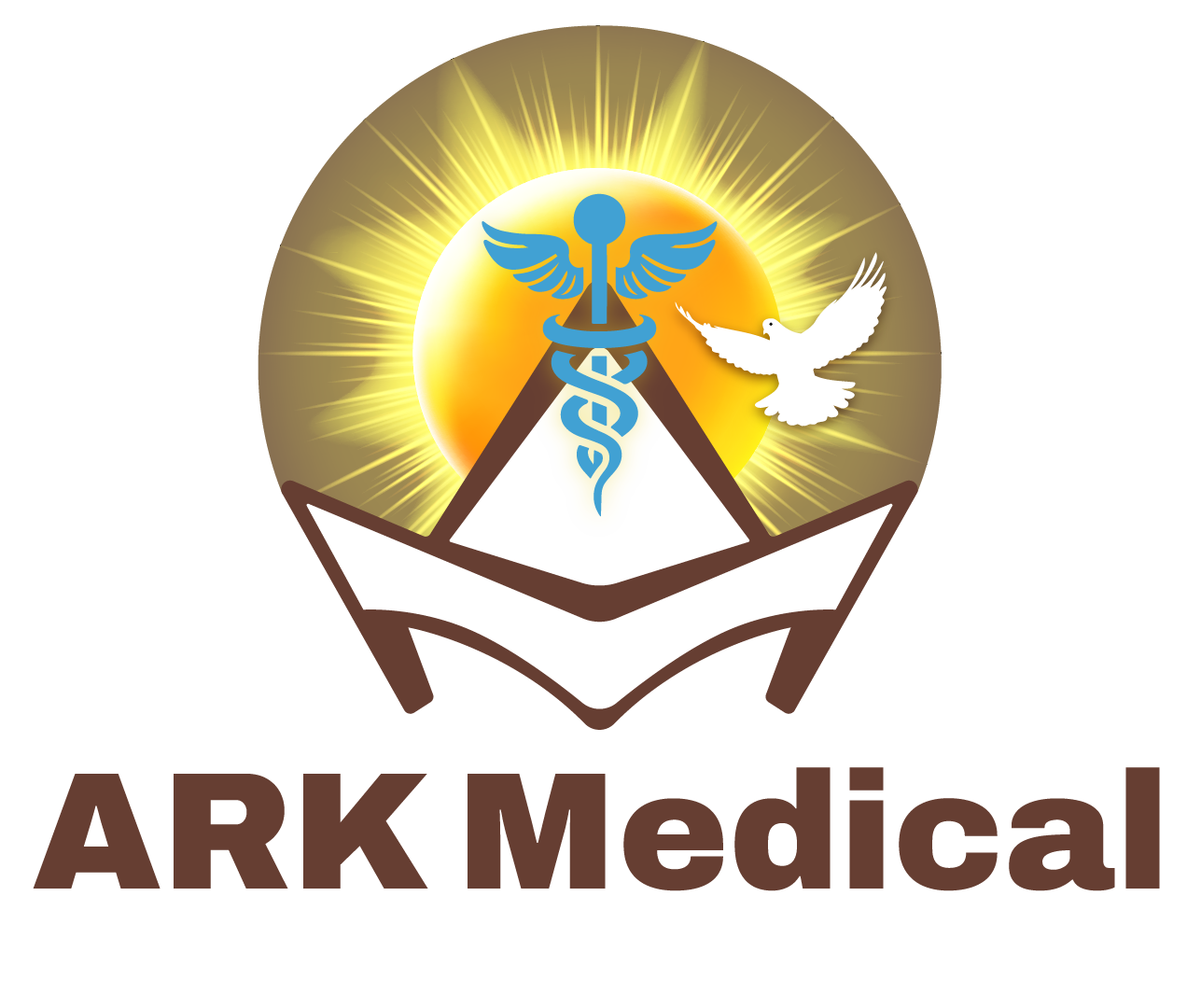You are not alone if you are concerned about what you think or what you are doing. We will guide you in recognizing the differences between anxiety and OCD. We’ll also show you small steps you can take.
What Is Anxiety?
Anxiety is when your body and mind feel worried or scared much of the time. You might:
- Feel nervous or jumpy.
- Sleep poorly or wake often.
- Find it hard to pay attention.
- Notice your heart beating fast.
- Have stomach pain or feel sick.
These feelings can come and go. Anxiety can make everyday tasks feel hard.
What Is OCD?
OCD stands for obsessive-compulsive disorder. It has two parts.
- Obsessions are unwanted thoughts that keep coming back.
- Compulsions are actions you do to try to stop the thoughts.
For example, someone might keep thinking their hands are dirty and wash them many times. People with OCD often know the thoughts do not make sense, but feel they must act anyway.
How Are They Different?
Anxiety and OCD can feel alike because both make you upset. The big difference is this:
- Anxiety is a general worry about many things, and it can cause physical signs like a fast heart or insufficient sleep.
- OCD is when one or two scary thoughts push you to do the same actions again and again to feel a little safer.
Can You Have Both?
Yes. People can have OCD and also have anxiety or other mood problems. When both happen at once, they can make each other worse.
Simple Ways to Tell What You Might Have
Try these quick checks. If more than one line fits you, talk to a health worker.
- If you worry about many things and feel tense most days, that points to anxiety.
- If you find yourself repeating certain frightening thoughts, leading to the same behaviors repeatedly, it may indicate OCD.
- If you do both a lot, you may have both.
When to Talk To Someone
See a doctor if the thoughts or actions:
- Take up a large part of your day.
- Make work, school, or family time hard.
- Make you feel very sad or like there is no hope.
A clinician will ask questions, listen to your story, and may do a health check to rule out other causes.
What Help Looks Like
Help can make a significant change. Common choices include:
- Talk-based therapy that teaches skills to handle thoughts and actions.
- Medicine, when a clinician thinks it can help.
- Small coping steps for panic or when a ritual starts.
Many clinics use these methods. Getting help early often works well than waiting.
How Ark Medical of Las Vegas Can Help
Ark Medical Of Las Vegas offers family and mental health care. They diagnose and manage anxiety and panic disorders and provide telemedicine visits. They mix medical checks with support and skills for daily life. If you live near Las Vegas or want a remote visit, Ark Medical can be a place to start.
Simple Things You Can Try Right Now
These steps are safe and easy to try.
- Breathe slowly for one minute. Count to four as you breathe in and count to four as you breathe out.
- Write down one worry for the day and then set it aside. Try a small task you enjoy.
- If a ritual starts, try to wait five minutes. Then wait a bit longer. Small waits can help you feel more in control.
- Tell a friend or family member one thing you are feeling. Sharing helps.
Conclusion
Feeling anxious or having OCD thoughts is not your fault. Both are common and they are treatable. If daily life is getting harder, reach out for care. Ark Medical Of Las Vegas offers mental health visits, including telemedicine, and can help you take the first step.
FAQs
Q. Will medicine work?
Sometimes. A doctor can tell you if medicine might help with your feelings.
Q. How can Ark Medical Of Las Vegas help?
They offer visits for mental health and telemedicine. They can check you and talk about next steps.
Q. Can I have both anxiety and OCD?
Yes. Some people feel general worry and also have repetitive thoughts and actions.

